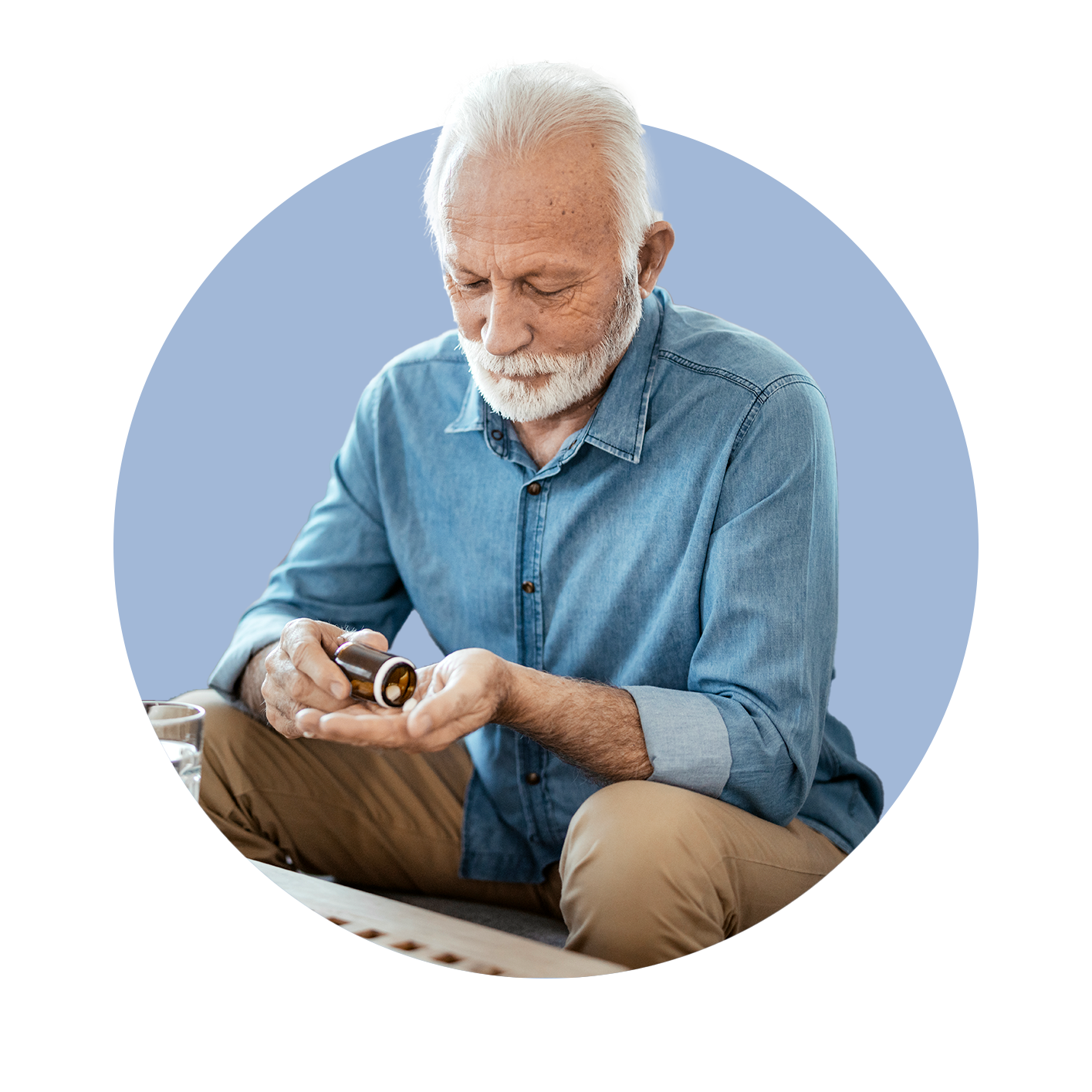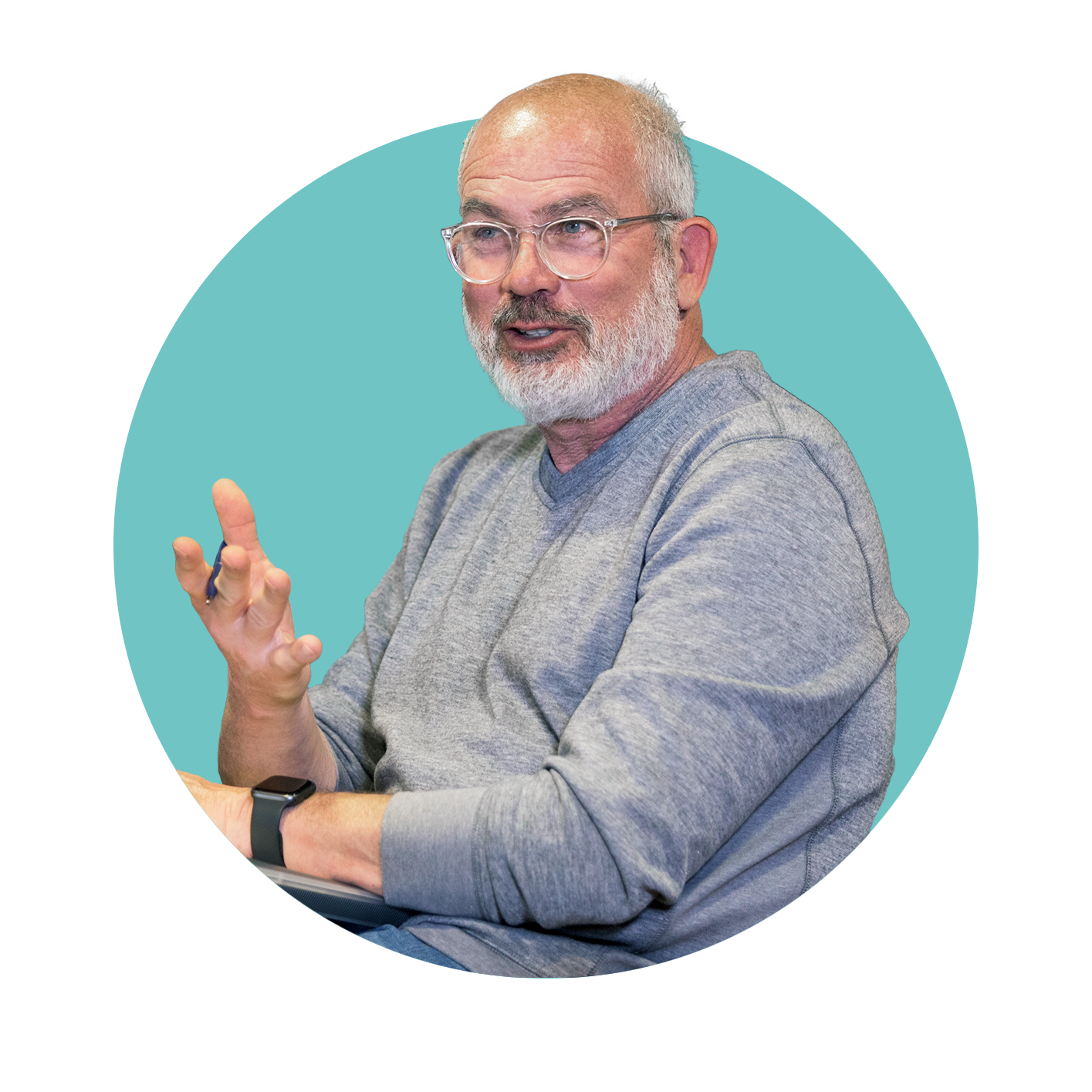Delivering coordinated and integrated care for people living with complex mental illness
A holistic program offering coordinated, integrated and consistent care for an extended period of time (6 – 12 months).
Related Tags

People with severe and complex mental illness typically have comorbidities and often experience acute psychological distress. Prolonged symptoms can impact everyday functioning, reducing their ability to participate in daily activities like work and study, exacerbating feelings of isolation.
What is a Complex Mental Illness?
Mental health issues can involve a range of challenges with mood, thinking patterns, sleep troubles, physical health, and relationships.
Complex mental illnesses are impactful, severe, enduring, or episodic. They tend to involve high levels of psychological distress, exposure to trauma, and/or conditions such as schizophrenia, personality disorders, eating disorders, post-traumatic stress disorder, obsessive compulsive disorder, bipolar disorder and severe depression and anxiety.
For the best outcomes, coordinated and integrated care is vital for improving how individuals navigate the health system and relieving their sense of isolation, while also helping to reduce the severity of their experience of mental illness and improve physical and social functioning.
With the right support, people living with complex mental illness can live long and fulfilling lives. In 2018, SEMPHN, in collaboration with four providers (First Step, Mentis Assist, Mind Australia, and Better Health Network) launched Mental Health Integrated Complex Care (MHICC) – a holistic program offering coordinated, integrated and consistent care for an extended period of time (6 – 12 months). This funded program was designed to be highly flexible and tailored to individual needs, giving access to care coordination, clinical nursing services, family support and improved access to psychiatrists and psychologists.
Responding equitably to current and emerging health needs
It is estimated that around 47,000 people across the south east of Melbourne have a severe or complex mental illness. Since its inception, the MHICC program has been responding to this need, while also supporting priority populations.
participants enter the program with very high psychological distress
report a diagnosis of
Post Traumatic Stress Disorder, Personality Disorders, Bipolar Disorder, Major Depressive Disorder
or
Schizophrenia, and elevated depressive symptoms.
are aged between
25 and 44 years
are female
Participants are more likely to be residents from City of Port Phillip (18.7%), Casey (15.1%) and
Greater Dandenong
(11.2%).
are
culturally or linguistically diverse, and of those
1 in 3
identify as First Nations
Supporting people to live well in their community
To-date, the MHICC program has delivered 111,055 sessions and supported 2,958 people with complex mental illness.
Program participants report experiencing a reduction in symptom severity and re-engaging with day-to-day activities.
After completing the program:
participants report reduced psychological distress
participants report less time-off from work, study or previous activities
“Mind Australia has been an incredible support. I struggled with drug and alcohol addiction, self-medicating my Borderline Personality Disorder and OCD. They have assisted me in building the belief in myself again. The team has supported me in building courage and resilience. Today I am proud of my mental and personal achievements. I’ve been accepted into University!! Whereas it was roughly 12 months ago I was in an extremely dark place. Today I look forward to learning more about who I am and not focus on why I bother waking up. Learning to keep things simple was the hardest for me, now the simple things bring me great pleasure. I look forward to my future and can only hope that I will be able to pay it forward. Thanks Mind Australia and I am extremely grateful for never giving up on me, even when I had given up on myself.”
– MHICC Participant
“My experience so far has been incredible. I’ve been through many different organisations for support with my mental health but I’ve found that Mind Australia really went above and beyond to accommodate to my needs and so far have helped me the most.”
– MHICC Participant
“The team have been enormously supportive and of great help dealing with my mental health struggles. My mental health nurse has helped me in the process of accepting my illness, and in being less hard on myself. He has effectively and gently challenged me on doing better in cooperating with suggestions of my doctors. He has consistently and patiently encouraged me to persist with daily tasks I find difficult, and has been of great support during challenging times, like the process of my recent application to move off JobSeeker to a DSP. He has an easy approachability that is most reassuring, inspires trust, and has a good sense of humour. I am most grateful for his professional services”.
– MHICC Participant
“I was able to express myself without judgement. I have ended my homelessness and bought a free standing unit.”
– MHICC Participant
For people living with a complex mental illness,
support is often disjointed and short-term, which can hinder recovery and ongoing management.
The MHICC program provides an alternative treatment pathway which enables people to stay out of hospital and live in their community while managing their illness. Through partnerships, insights and continuous improvement strategies, SEMPHN will work with providers to ensure the service continues its effort to foster and support a more equitable and person-centred program.
Up next:
Adding value to Clinical Practice and Reducing Medication Mishaps among older Australians
The My Health Record and my health app digital health tools are providing older vulnerable Australians with greater access to make educated decisions about their care, maintain their independence and live healthy lives.





